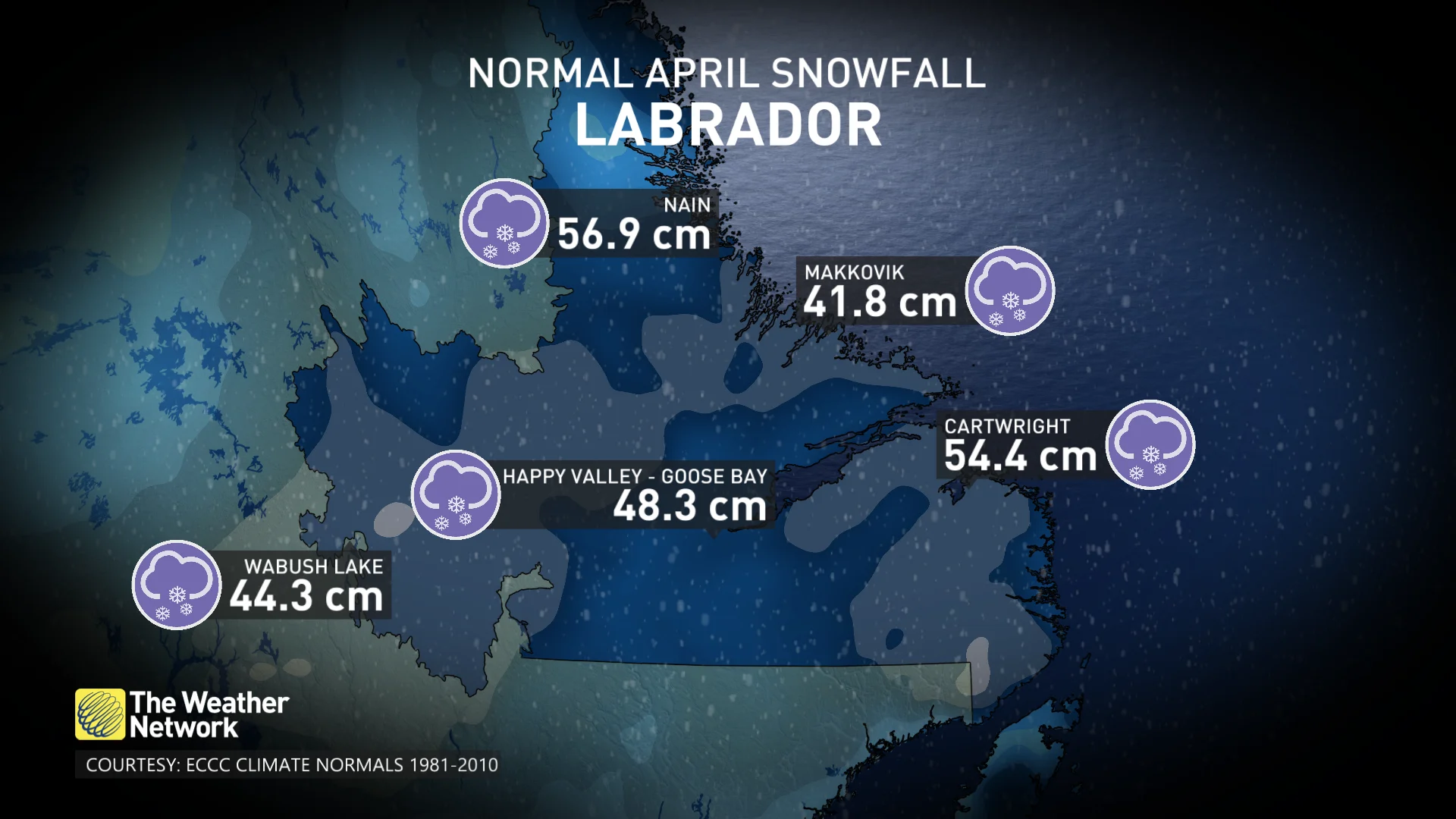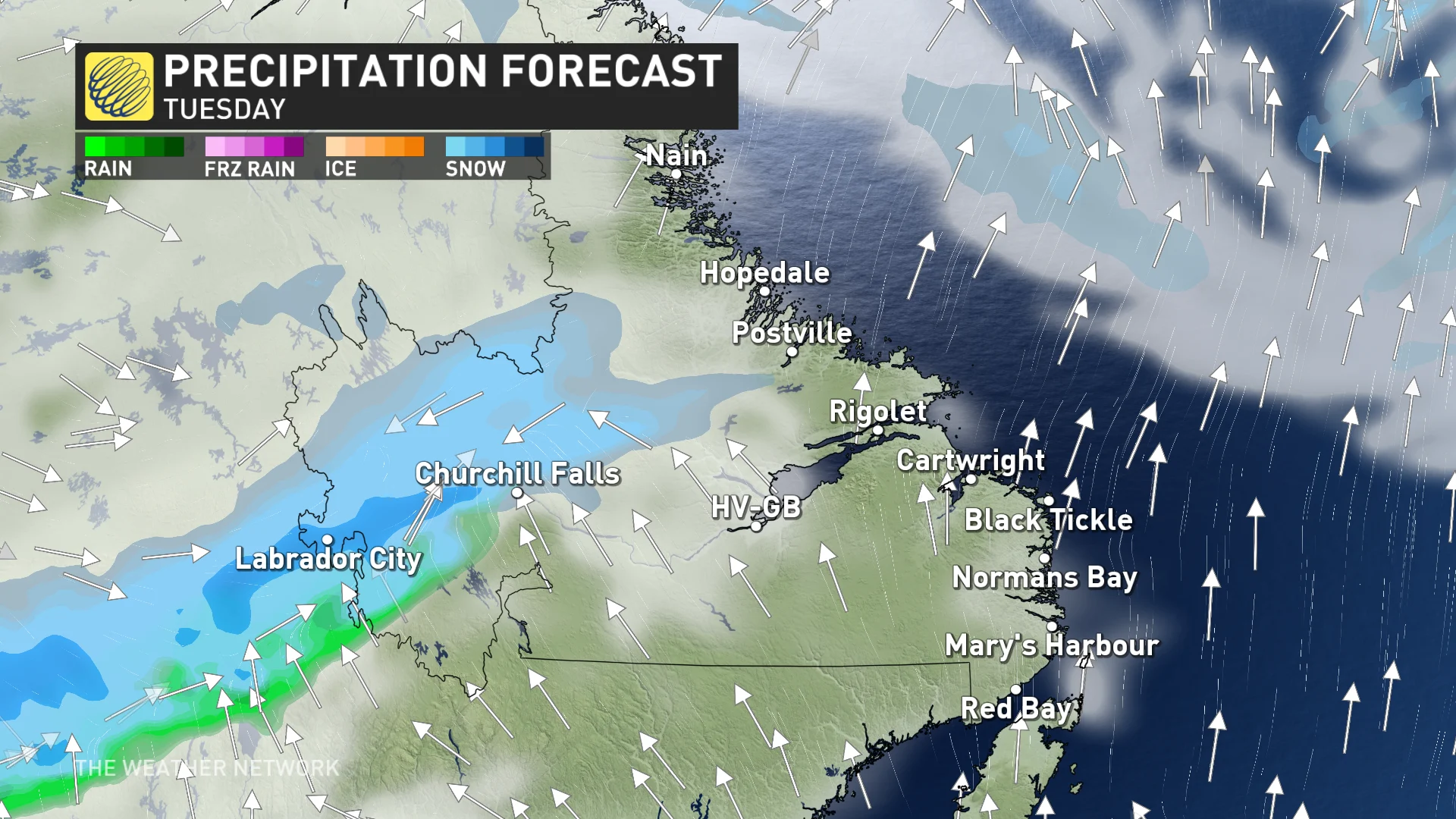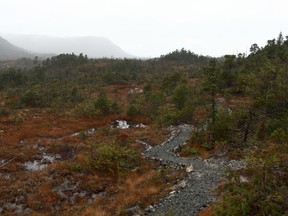Article content
Here is a roundup of stories from The Canadian Press designed to bring you up to speed on what you need to know today…
Tourism operators face heavy debt, even as business roars back
|
|
The latest:
Ontario is lifting the directive that put a pause on non-urgent procedures and surgeries, with the province citing a “steady decline in COVID-19 related hospitalizations and ICU admissions.”
The measure, called Directive 2, was put in place on Jan. 5 as the province worked to preserve capacity in the health-care system amid the growing Omicron wave. In early February, the directive was changed to allow some procedures to resume — including cancer screening and non-urgent procedures in pediatric hospitals.
The most recent shift, announced in a statement on Thursday, is meant to allow for the “gradual and cautious resumption of non-urgent and non-emergent surgeries and procedures across the province.”
Ontario on Friday reported 1,829 hospitalizations — down by 68 from a day earlier — with 435 people in the province’s intensive care units, according to the COVID-19 dashboard. The province also reported 52 additional deaths.
Premier Doug Ford on Friday said the restrictions put in place to deal with COVID-19 helped protect hospitals from collapse and saved lives.
The premier, who was speaking at a briefing about ongoing anti-mandate protests, said Ontario is “on track to very soon remove almost all restrictions for businesses as part of our reopening plan.”
Ford’s remarks came a day after chief medical officer of health, Dr. Kieran Moore, also announced that provincial officials are also re-examining reopening timelines.
“We will be reviewing the evidence … and the evidence is showing we’re making remarkable improvement in all the key metrics in Ontario,” Moore said at his weekly briefing.
Health leaders across the country have been scrambling to maintain access to services as they grapple with the Omicron wave and staffing shortages.
In New Brunswick — where a large health network recently announced it was resuming non-urgent procedures after a pause — about 45 people have been put to work after an urgent call for paid workers and volunteers to aid in the COVID-19 response, the province said.
The province put out the call in mid-January, as officials sought people for both paid and unpaid roles handling everything from logistics to clinical tasks, like testing. More than 4,000 people registered on a website for those seeking to assist, with 45 of those people “successfully onboarded” so far, according to a Department of Health spokesperson.
Hospitalizations in New Brunswick stood at 135 on Friday, down from a high of 165.
Canada’s strong vaccination coverage will help as the country makes transition plans and looks ahead to the long-term management of COVID-19, Canada’s chief public health officer said Friday. Dr. Theresa Tam said while public health indicators are improving, limiting the strain on health systems is still essential.
“Evidence shows that two doses of COVID-19 vaccines offer reasonably good protection against severe disease,” Tam said at a briefing Friday alongside federal officials. “Receiving an mRNA booster dose when eligible offers superior protection, keeping more people out of hospital and preventing more deaths.”
-From CBC News and The Canadian Press, last updated at 2:17 p.m. ET
With lab-based testing capacity deeply strained and increasingly restricted, experts say true case counts are likely far higher than reported. Hospitalization data at the regional level is also evolving, with several provinces saying they will report figures that separate the number of people in hospital because of COVID-19 from those in hospital for another medical issue who also test positive for COVID-19.
For more information on what is happening in your community — including details on outbreaks, testing capacity and local restrictions — click through to the regional coverage below.
You can also read more from the Public Health Agency of Canada, which provides a detailed look at every region — including seven-day average test positivity rates — in its daily epidemiological updates.
In the Prairie provinces, Manitoba’s premier and chief public health officer announced an easing of restrictions on Friday, including an easing of gathering limits and an end to capacity limits at a range of businesses.
“Capacity limits will be eliminated in venues such as restaurants, licensed premises, entertainment venues, indoor and outdoor sporting events and casinos, as well as gatherings at private residences,” a statement from the province said.
The province’s hospitals were treating 656 COVID-19 patients on Friday, a decrease of five from the previous day. Forty-one of those patients are in ICUs.
Saskatchewan on Thursday issued its first weekly COVID-19 update since ending daily reporting. The update showed a total of 384 COVID-19 hospitalizations, as of Wednesday, with 26 people in the province’s intensive care units.
“Among the population 18 years and older, 49.5 per cent had received at least one booster vaccination,” the update said.
In Atlantic Canada, Nova Scotia reported the death of a child between the ages of five and 11 due to COVID-19. “It is with deep sadness that we must report COVID has taken the life of a child in our province,” said Premier Tim Houston in a press release Friday. “The loss of a child is something that no family should ever have to endure.
Nova Scotia also reported 389 new cases Friday, and said that there were 82 COVID-19 patients being treated in hospitals with 11 in ICUs.
The number of people hospitalized in Newfoundland and Labrador dropped slightly on Friday to 22, down from 25 on Thursday, which was a record high. One additional patient was admitted to ICU between Thursday and Friday, for a total of nine COVID-19 patients in ICUs.
New Brunswick recorded 359 new cases of COVID-19 and four deaths Friday. The province had 135 COVID-19 patients in hospitals Friday, with 13 being treated in ICUs.
Prince Edward Island had 11 hospitalizations for COVID-19 Friday, including one patient in an ICU. The island also reported 204 new cases of COVID-19 Friday.
In Central Canada, Quebec opposition parties are accusing the government of taking too long to give up COVID-19 emergency powers and say the delay is helping Premier François Legault and his ministers avoid scrutiny.
Earlier this week, the government renewed the state of emergency for the 99th time since March 2020. Legault told reporters the emergency order would only be lifted once a bill is passed allowing the government to keep some powers, such as the ability to impose the vaccine passport system and mask mandates.
Opposition parties, however, say the government should end the state of emergency and have a debate in the legislature about what measures should remain.
The province had 2,214 patients with COVID-19 in hospitals Friday, down by 98 from the day before, with 164 in ICUs. Thirty-nine deaths were also reported Friday.
In the North, the chief public health officer in Nunavut is isolating after being exposed to COVID-19. Dr. Michael Patterson said he’s not tested positive, but will be working from home and “doing my part to protect the health of my community, colleagues and loved ones” by following isolation rules. Nunavut reported 20 new cases of COVID-19 Friday.
In British Columbia, health officials said Thursday the number of people in hospital with COVID-19 on Thursday stood at 867 — down by 26 from a day earlier — with 138 people in ICU. They also said 90.4 per cent of those eligible aged 12 and older have had two shots of a vaccine, while 51.1 per cent of those have also had a booster dose.
-From CBC News and The Canadian Press, last updated at 2:21 p.m. ET
WATCH | Omicron breakthrough infection could boost immunity:
New research suggests that getting infected with the Omicron variant after being fully vaccinated could help boost immunity, but unvaccinated people don’t appear to get the same benefit. 2:04
As of Friday afternoon, more than 407.4 million cases of COVID-19 had been reported worldwide, according to the case-tracking tool maintained by Johns Hopkins University in Baltimore, Md. The reported global death toll stood at well over 5.7 million.
The World Health Organization’s chief scientist, Soumya Swaminathan, said on Friday that the world was not yet at the end of the COVID-19 pandemic, as there would be more coronavirus variants.
“We have seen the virus evolve, mutate … so we know there will be more variants, more variants of concern, so we are not at the end of the pandemic,” Swaminathan told reporters in South Africa, where she was visiting vaccine-manufacturing facilities with WHO Director-General Tedros Adhanom Ghebreyesus.
In Europe, Russia’s daily cases exceeded 200,000 for the first time since the pandemic began.
France will deploy thousands of police in and around Paris on Friday and over the weekend and set up checkpoints at toll stations on major roads leading into the capital to keep “Freedom Convoy” motorists out, the city’s police force said.


Despite an order not to enter Paris, motorists protesting against COVID-19 restrictions are converging on the French capital from multiple cities across France, inspired by the horn-blaring demonstrations taking place in Canada
Belgium, meanwhile, will ease a slew of COVID-19 measures from next week, with restaurants and bars allowed to open for full hours and children under 12 no longer forced to use face masks, as authorities anticipate a further decline in infections. The government announced Friday that the nation of 11 million will go from code red, the toughest for virus measures, to code orange as of Feb. 19.
“Never forget that the past months were extremely difficult” Prime Minister Alexander De Croo said. “But we got through this.”
In Africa, Tunisia will lift the night curfew it imposed last month to curb the spread of COVID-19 from Thursday, a statement from the government said. A ban on gatherings and demonstrations has been extended for a further week, the statement added.
In the Asia-Pacific region, Australian residents will need to receive booster shots to be considered fully vaccinated against COVID-19, although authorities said foreign travellers will continue to need only two shots to enter the country.
In the Americas, Jamaica’s prime minister says the government is looking to ease COVID-19 restrictions in the weeks ahead. Andrew Holness said his government “wants to move definitively and decisively toward returning the country to normalcy,” according to a report in the Jamaica Observer.
In the Middle East, Saudi Arabia on Friday reported 2,523 additional cases of COVID-19 and four additional deaths.
-From Reuters, CBC News and The Associated Press, last updated at 2:08 p.m. ET





Digital WritersThe Weather Network


Prepare for multiple rounds of April snowfall this week, as Labrador braces for wintry conditions. This onslaught of snow is expected to blanket the region, potentially leading to hazardous travel conditions and disruptions throughout the week
As we march even deeper into the heart of the spring season, many parts of Canada are finding it tough to find any consistent signs of warming weather. Add to the mix periods of snow and wintry precipitation, and it’s safe to say the winter season is certainly not going out without a strong fight.
This week, parts of the East Coast will bear the brunt of the winter weather, with multiple rounds of April snowfall stacking up in Labrador. The chances for snow flurries will stick around all week long, bringing as much as 25 cm for some.
MUST SEE: Extreme pattern over Arctic produces 50+ degree temperature spread
Although 25+ cm of snow in April may seem extreme, for this part of the country, it’s definitely nothing out of the ordinary. In fact, the month as a whole brings about 40-50 cm of snow to Labrador on average.


Some communities, including Nain, even have snowfall chances stretch all the way into June!
“This week will be a little bit different however, as some regions could reach about half of Labrador’s monthly averages alone,” says Rachel Modestino, a meteorologist at The Weather Network. “The first round on Tuesday will pack quite the punch, with heavy snow and gusty winds stretching from Labrador city to the coast.”


Winds will be gusting between 70-90 km/h at times, and travel conditions will likely deteriorate quickly due to potential whiteouts and reduced visibility.
Witnesses described hearing a loud blast and seeing large plumes of black smoke on Tuesday morning as a building under construction in Halifax’s north end caught fire.
A message on Halifax’s alert system said the fire was at a building in the area of Robie and St Albans streets. About an hour later, the municipality said the fire was out.


The alert warned people who live on the peninsula to close their windows due to smoke from the fire possibly being toxic.
“Residents and businesses near the fire should still keep windows closed and air exchangers turned off until air quality conditions improve in the coming hours as a precaution,” the municipality said on X, formerly known as Twitter.
Halifax Regional Police were asking people to avoid the area during what is normally a time of heavy morning traffic.


James Shaw lives nearby. He said he heard a blast around 8:20 a.m. local time.
“It shook the whole house,” Shaw said in an interview at the scene. “So I came outside … and saw this incredible building here on fire. Big black smoke. Lots of sparks and stuff going.”


Mike Clark was working on the building adjacent to the one that caught fire. He said he was on the 30th floor when the roof of the other building caught fire and propane tanks blew up.
He said construction crews were then evacuated from the building.
“The elevator was shut down and everyone went down the stairs and out the door,” he said. “Everybody on each floor has a horn to check if anybody was left in the building. Sounded the horn and walked down. It was very organized.”




Here is a roundup of stories from The Canadian Press designed to bring you up to speed on what you need to know today…
Tourism operators face heavy debt, even as business roars back
Article content
Canadian tourism operators says the tourism sector hasn’t returned to what it was pre-COVID.
Many businesses report carrying a heavy debt load, with Vancouver-based ecotourism company Maple Leaf Adventures saying it’s carrying it’s heaviest debt load in 38 years.
Advertisement 2
Article content
Co-owner Maureen Gordon says while she and her competitors are recovering, higher interest rates are putting a damper on the post-COVID rebound.
Tourism Industry Association of Canada C-E-O Beth Potter says while the sector brought in 109-billion dollars in revenue last year, the federal government must help out by bringing in a new low interest loan program.
Tourism Minister Soraya Martinez Ferrada has said tourism operators have been affected by the warmest winter on record, but will be helped by the federal carbon rebate.
Here’s what else we’re watching …
Trudeau to make announcement in Saskatoon today
Prime Minister Justin Trudeau will be in Saskatoon today, where he will make an announcement highlighting measures focused on youth, education, and health that were contained in last week’s budget.
Joining Trudeau at the announcement in Saskatchewan’s largest city are minister for northern affairs Dan Vandal and Women and Gender Equality and Youth Minister Marci Ien.
Trudeau has faced conflict with the Saskatchewan Party government, whose leader, Premier Scott Moe, has been a vocal and long-standing opponent of the federal carbon levy.
Advertisement 3
Article content
Moe is one of several premiers who have asked Trudeau to host a meeting to discuss alternatives to the consumer carbon price.
—
‘Perfect storm’: Quebec farmer protests continue
Quebec farmers are continuing a series of protests that have brought slow rolling tractors to communities across the province’s agricultural regions.
The president of Quebec’s farmers union Martin Caron says producers are struggling with higher interest rates, growing paperwork and fees on plastic products, like containers of seeds, fertilizer and pesticides.
His organization is asking the current Coalition Avenir Quebec government to ensure farmers can get loans with interest rates of three per cent.
A spokesperson for Quebec’s agriculture minister says farmers can get emergency financial aid through a new program and that the government is consulting with the farmers union about reducing paperwork.
—
Study shows caribou growth at wolves’ expense
New research suggests western Canada’s caribou population is growing.
But the same study also shows the biggest reason for the rebound is the slaughter of hundreds of wolves, a policy which will likely need to continue.
Advertisement 4
Article content
Thirty-four researchers compared notes on herds in Alberta and British Columbia based on a study in Ecological Applications and found between 1991 and 2023, the caribou population dropped by half.
However, over the last few years the numbers have begun to slowly rise, as it’s estimated there are now more than 1500 caribou than there were had not restoration effort been made.
—
Second World War hangar in Edmonton burns in fire
An aircraft hangar built during the Second World War at Edmonton’s former municipal airport has been destroyed by fire.
A spokesman for the City of Edmonton says in an email firefighters were called to Hangar 11 just before 7 p.m. Monday.
The city’s email says 11 fire crews were dispatched to the scene to deal with the heavy smoke and flames and the wooden building later collapsed.
—
How a Newfoundland town shaped creepy ‘King Tide’
A new movie shot in Newfoundland showcases a community heavily reliant on a magical child.
“The King Tide” is about an isolated villagers having their lives forever changed after a mysterious infant washes up on their shores, the sole survivor of a devastating boat wreck.
They name the baby Isla, raise and learn she has healing powers promising immunity from injury and illness.
As the years pass, they become reliant on Isla’s abilities, but when her powers start to fade, a panic sets in as the community begins to fracture.
The movie was shot by Newfoundlander Christian Sparkes in Keels, Newfoundland, a former bustling fishing community which he says he’s been looking to film in for years, but couldn’t until recently due to the cost.
This report by The Canadian Press was first published April 23, 2024.
Article content
Honda to build electric vehicles and battery plant in Ontario, sources say – Global News




Will We Know if TRAPPIST-1e has Life? – Universe Today
Down 80%, Is Carnival Stock a Once-in-a-Generation Investment Opportunity?




See how chicken farmers are trying to stop the spread of bird flu – Fox 46 Charlotte




Simcoe-Muskoka health unit urges residents to get immunized




Own a cottage or investment property? Here's how to navigate the new capital gains tax changes – The Globe and Mail
Can Canada have an effective climate action policy without a carbon tax?




Lyrid meteor shower 2024: How to see a stunning fireball tonight – BBC Science Focus
Comments